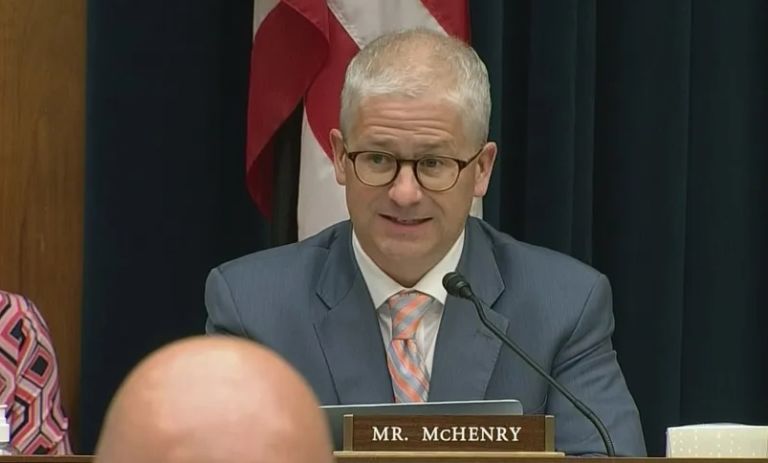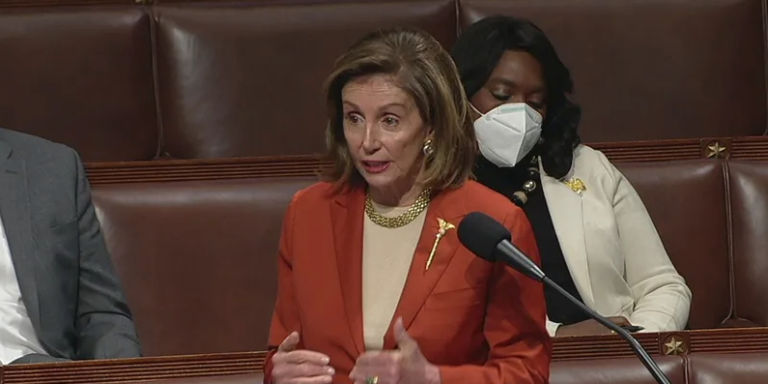Virginia Aabram of the Washington Examiner reports on dubious elements of Congress’ latest spending plan.
President Joe Biden has signed the omnibus spending law, which funds the federal government for another six-plus months. But it also includes plenty of provisions tucked in by lawmakers in the wee hours before passage in the House and Senate that benefits lawmakers’ states and districts and not necessarily U.S. taxpayers as a whole.
To be sure, these goodies are a small part of the bill. The $1.5 trillion measure provides about $13.6 billion in emergency aid for Ukraine as it fights off Russia’s invasion. That includes $4 billion to help displaced refugees and $6.5 billion for military assistance.
The 2,741-page bill also allocates about $782 billion for military spending, and an additional $125 billion goes to the Department of Veterans Affairs.
But the law does a lot more than fund federal agencies for the remainder of the 2022 fiscal year ending Sept. 30.
Included in the bill are more than 4,000 earmarks that benefit members’ local communities or pet projects. They account for about $9.7 billion of the $1.5 trillion bill, take up 367 pages, and mostly benefit Democrats, though some Republicans didn’t hesitate to cash in as well.
Senate Majority Leader Chuck Schumer “wins a prize for grift,” as a Wall Street Journal editorial board put it, with 142 earmarks totaling $258 million. Lead negotiators Sen. Patrick Leahy, a Vermont Democrat and chairman of the Senate Appropriations Committee, and the panel’s top Republican, Sen. Richard Shelby of Alabama, are bringing $800 million back to their states.
Some of the bacon congressional Democrats brought home include:
*$496,000 for YMCA swimming pool improvements in Yonkers, New York, a project “essential for minimizing disparities in access to swimming lessons and aerobics, promoting health equity,” according to Rep. Jamaal Bowman, a first-term New York Democrat affiliated with the far-left “Squad.”
*$160,000 to study the sustainability of astronaut food at Lincoln University in Pennsylvania, requested by Democratic Sen. Bob Casey.


